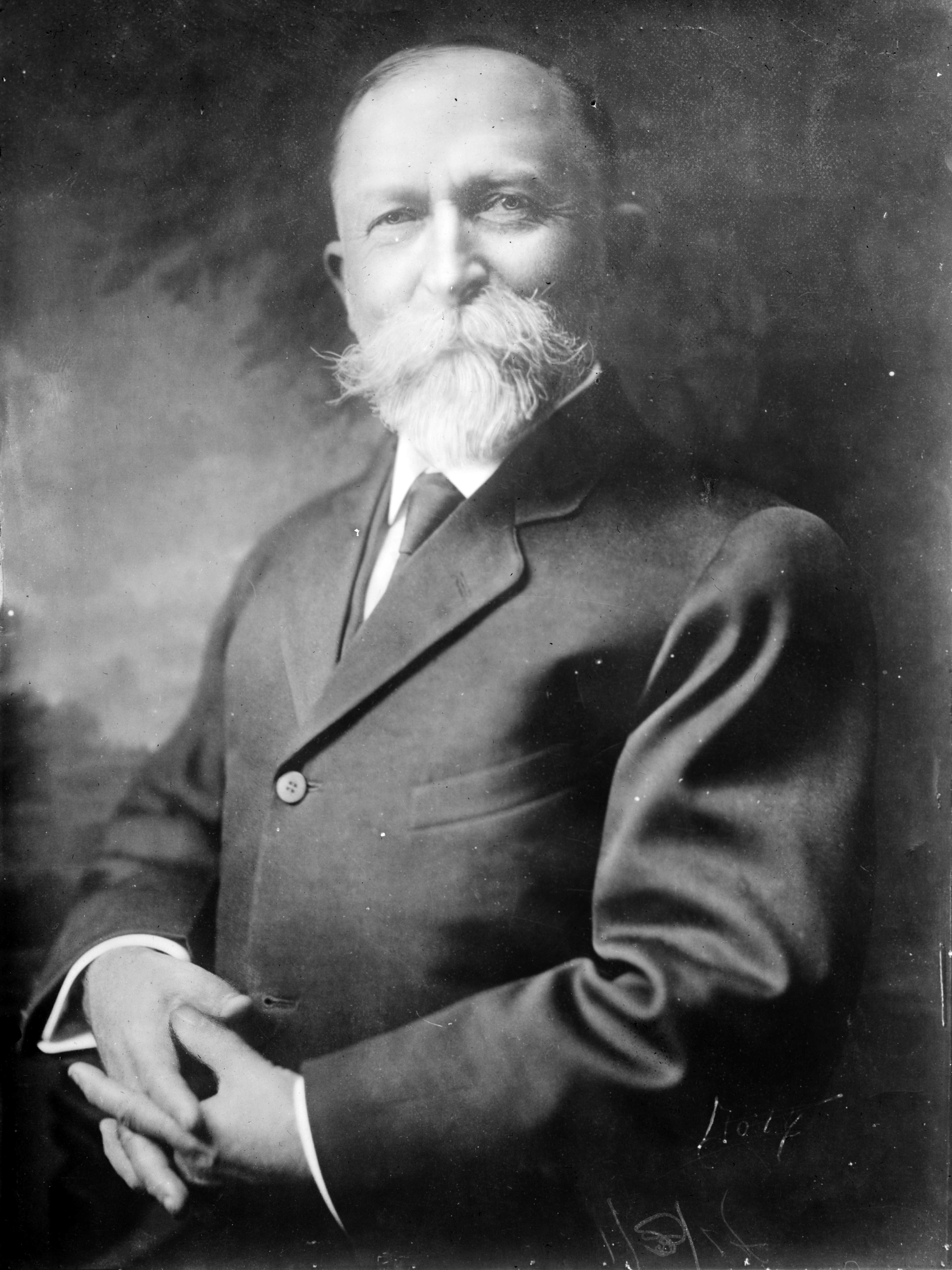Here’ are some links to articles about psychology that caught my interest in the past several months.
-
For Depression, Prescribing Exercise Before Medication – Olga Khazan – The Atlantic
Aerobic activity has shown to be an effective treatment for many forms of depression. So why are so many people still on antidepressants?
-
Why People Work For Rewards They’ll Never Get to Enjoy | Hazlitt
Why do rich people work so much?
The quick, glib answer is that hard work is what made them rich in the first place. But then, why keep grinding away? At what point does it make sense to stop accumulating riches and start enjoying them? Are we even capable of knowing when enough is enough?
-
Rethinking schizophrenia: Taming demons without drugs – health – 06 February 2014 – New Scientist
Antipsychotic drugs may do more harm than good. The tide is turning towards gentler methods, from talking therapies to brain training
-
The Selling of Attention Deficit Disorder – NYTimes.com
Diagnoses have soared as makers of the drugs used to treat attention deficit hyperactivity disorder have found success with a two-decade marketing campaign.
-
BBC News – How much can an extra hour’s sleep change you?
The average Briton gets six-and-a-half hours’ sleep a night, according to the Sleep Council. Michael Mosley took part in an unusual experiment to see if this is enough.




